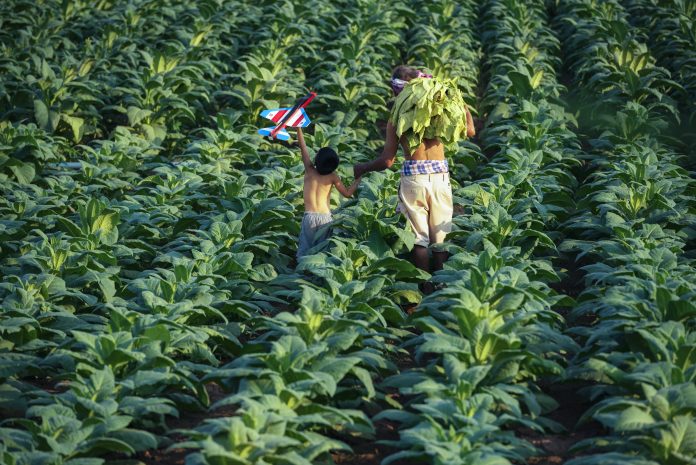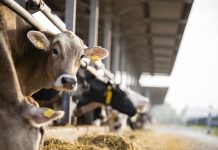A new study examines the agricultural impact of multinational land deals (aka ‘land grabbing’), which are found to be directly harmful to local food security and livelihoods
Land acquisitions by multinational companies are also described as land grabbing.
A report by Global Agriculture describes the phenomena as when: “These international investors, as well as the public, semi-public or private sellers, often operate in legal grey areas and in a no man’s land between traditional land rights and modern forms of property.
“In many cases of land grabbing, one could speak of a land reform from above, or of the establishment of new colonial relationships imposed by the private sector.”
This begun following a global food crisis in the early 2000s – when foreign investors bought over 220 million acres of land, in low to middle income countries (LMIC). This concept was labelled as strategy to increase crop production and contribute to the global food supply, but it brought a host of obstacles and issues.
‘There was no positive impact’
“These land deals have been happening for the last two decades on a massive scale,” said Marc Muller, assistant professor in the Department of Civil and Environmental Engineering and Earth Sciences at Notre Dame and lead author of the study.
“Our goal was to use empirical data to sort out whether or not large-scale land acquisitions have improved food security by using empirical data. But what we found was that there was either no impact or a negative impact. There was no positive impact.”
The study used a mix of satellite imagery and agricultural surveys, as well as household dietary datasets. The team examined 160 large-scale land acquisitions across four continents between 2005 and 2015. It is the first comprehensive global analysis of the impact of this kind of land acquisition.

The two main arguments about land-grabbing
There are two competing arguments when it comes to land acquisitions.
Supporters describe the multinational companies that purchased the land as better positioned to improve production and increase crop yields. But those who oppose land-grabbing say that the acquisitions siphon natural resources, lead to displacement of local farm workers and can have a negative impact on local residents.
These impacts can look like livelihood losses, social instability and even violence in those regions – which is what comes of multinational companies operating in a grey zone.
Latin America, eastern Europe, Africa and Asia
Muller and his team focused on land deals across Latin America, eastern Europe, Africa and Asia. By combining satellite imagery, researchers could see whether crop lands expanded and often intensified.
Professor Muller further commented: “We also used data from agriculture surveys to identify what types of crops had been planted in and around those lands prior to the acquisition compared to after, to account for potential transitions from local crops to export-bound crops, and crops that can also be used for biofuel.”
‘The land deals didn’t really change much’
In Latin America and eastern Europe, investors purchased land in intensified agricultural areas. These are middle-income countries where crops were already export-bound and local residents already consumed food from global markets. “So, in that sense, these land deals didn’t really change much,” said Muller.
“They didn’t increase crop production and they didn’t cause more damage to local food insecurity than what was already taking place. In Africa and Asia, things looked very different.”

But things in Africa and Asia, “things looked very different”
The research showed that those land acquisitions increased cropland, cultivating previously uncultivated land, and showed a clear transition from local staple crops such as tapioca to export-bound crops such as wheat and flex crops for potential use as biofuel.
“These crops are interesting for investors because if the price of food is low and the price of energy is high, you can then use the crops for energy,” said Muller.
“But these types of crops are not nutrient dense, so it’s not great in terms of food security. As a matter of fact, the data from the household surveys we studied showed a consistent decrease in diet diversity after the deals took place.”











